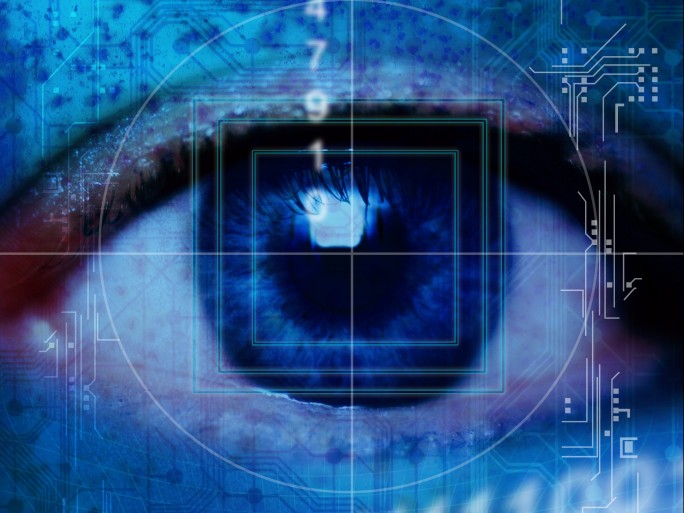Liberty Launches Legal Action Against GCHQ Over Snooping

Human rights group is worried its communications were intercepted
Human rights organisation Liberty is taking legal action against intelligence agencies, claiming its communications may have been spied on, following the leaks of Edward Snowden.
The group said today its employees’ data and its own communications “may have been unlawfully accessed by the likes of the Security Services and GCHQ”.
Liberty’s move has come following the revelations of Snowden, the National Security Agency whistleblower, which have continued to pour out as he continues on his travels away from Hong Kong and seeks to avoid extradition to the US.
 Liberty takes action on spying
Liberty takes action on spying
A recent release contained documents on Project Tempora, purportedly showing how GCHQ taps fibre cables sending data in and out of the UK, in an attempt to assert its “mastery over the Internet”.
It was previously claimed GCHQ was accessing people’s data by sharing information from the NSA’s controversial PRISM programme.
Liberty has now issued its claim with the Investigatory Powers Tribunal (IPT), asking it to find out whether intelligence bodies used either Tempora or PRISM to access data and bypass laws prohibiting them from getting their hands on people’s private information.
The organisation is also concerned about the US Foreign Intelligence Surveillance Act (FISA), which allows US agencies to spy on non-Americans more widely than on Americans, and has been criticised for lacking adequate safeguards, and applying gagging orders to those required to provide data.
Liberty noted how many of those who called for the Communications Data Bill, known to critics as Snoopers’ Charter, were the same people, according to Snowden’s leaks, who have helped GCHQ spy on citizens.
“Those demanding the Snoopers’ Charter seem to have been indulging in out-of-control snooping even without it – exploiting legal loopholes and help from Uncle Sam,” said James Welch, legal director for Liberty.
“No-one suggests a completely unpoliced internet but those in power cannot swap targeted investigations for endless monitoring of the entire globe.”
Are you a security pro? Try our quiz!
